T4K3.news
Deportation to Uganda Tests Due Process in Maryland Case
A Maryland case raises questions about due process as Kilmar Abrego Garcia faces deportation to Uganda amid ongoing court challenges.

A Maryland immigration case raises questions about due process as Kilmar Abrego Garcia faces deportation to Uganda amid ongoing court challenges.
Deportation to Uganda Tests Due Process in Maryland Case
Kilmar Abrego Garcia was taken into ICE custody on Monday and is being processed for deportation to Uganda, according to the Department of Homeland Security. He had been released from pretrial detention in Tennessee days earlier after a judge ordered his release ahead of a January trial. An earlier incident saw him briefly deported to El Salvador before being returned to the United States. DHS has linked him to the MS-13 gang, a claim his family denies.
U.S. district court in Maryland issued an order delaying any immediate removal and preserving his legal status while a habeas case challenges the detention and possible deportation. The order will hold until 4 p.m. Wednesday unless extended. Attorneys for Abrego Garcia filed a new lawsuit arguing the government is punishing him for exercising his rights. Advocates say the process underscores tensions over how immigration power is used and the risk of deterring defense rights. The case features remarks by DHS Secretary Kristi Noem and lawmakers, including Senator Chris Van Hollen, as it unfolds with reports of an agreement with Uganda to accept some deportees.
Key Takeaways
"There was no need for them to take him into ICE detention. He was already on electronic monitoring from the U.S. Marshals Service and basically on house arrest."
Attorney Simon Sandoval-Moshenberg on detention
"The fact that they're holding Costa Rica as a carrot and using Uganda as a stick to try to coerce him to plead guilty to a crime is such clear evidence that they're weaponizing the immigration system in a manner that is completely unconstitutional."
Attorney Sandoval-Moshenberg on government strategy
"President Trump is not going to allow this illegal alien, who is an MS-13 gang member, human trafficker, serial domestic abuser, and child predator to terrorize American citizens any longer."
Statement from DHS Secretary Kristi Noem
"The federal courts and public outcry forced the Administration to bring Ábrego García back to Maryland, but Trump's cronies continue to lie about the facts in his case and they are engaged in a malicious abuse of power as they threaten to deport him to Uganda."
Senator Van Hollen on national response
The case highlights a fragile line between national policy and individual due process. Deportation threats used as leverage in immigration matters can chill the right to a fair hearing. The Maryland judge's order shows courts acting as a counterweight to executive actions, at least temporarily. The politics surrounding immigration enforcement are on full display as officials frame the issue in stark terms while courts insist on due process safeguards.
Beyond the courtroom, rhetoric matters. Statements tying a person to criminal activity can inflame public opinion and shape policy debates. This incident may energize both asylum advocates and critics of immigration enforcement, influencing how future cases are handled and how scrutiny of removal decisions is conducted.
Highlights
- Justice should not come with a political price tag.
- Due process is not a bargaining chip.
- Weaponizing the immigration system is unconstitutional.
- Courts are the last guard against unilateral power.
Risk to due process amid political sensitivity
The case sits at the intersection of immigration policy, law, and political rhetoric. There is potential for public backlash, legal challenges, and international sensitivity with Uganda. The handling of detention, deportation threats, and high-profile statements increase the risk of legal scrutiny and political controversy.
The issue tests the balance between policy aims and the rights of the accused.
Enjoyed this? Let your friends know!
Related News
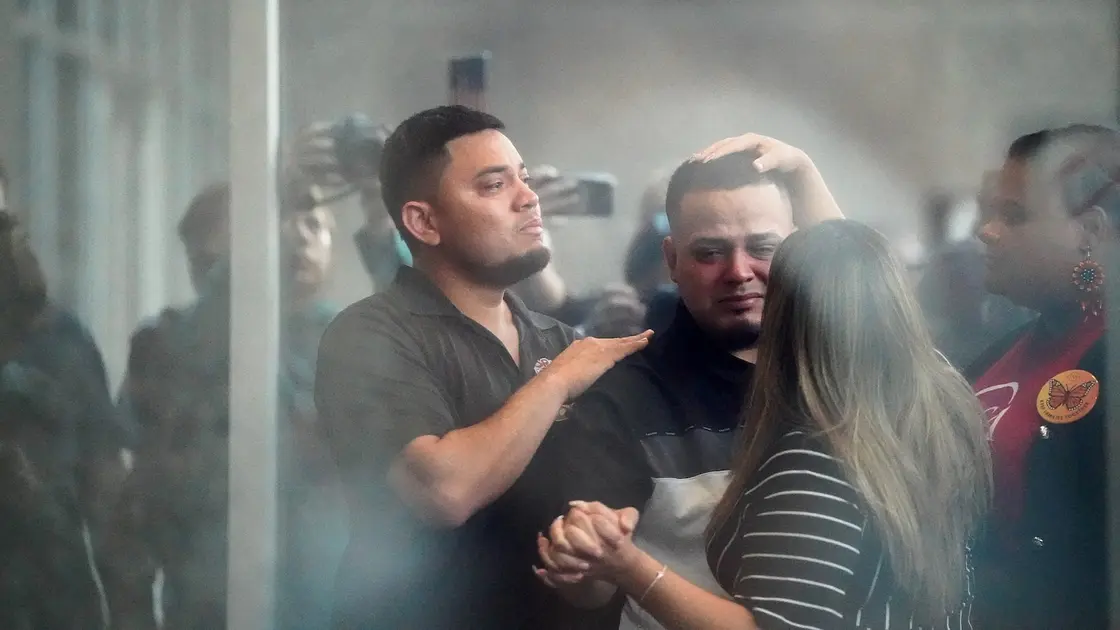
Immigration update
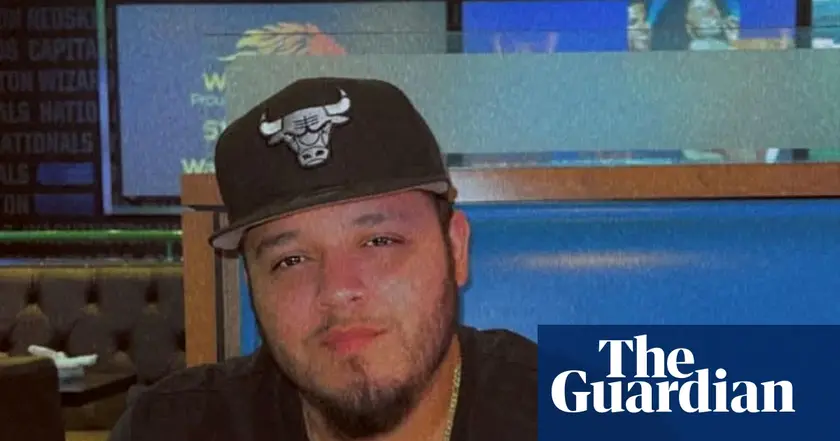
Migrant case raises due process questions

Uganda deportation plan under review

US government pressures immigrant to plead guilty under deportation threat
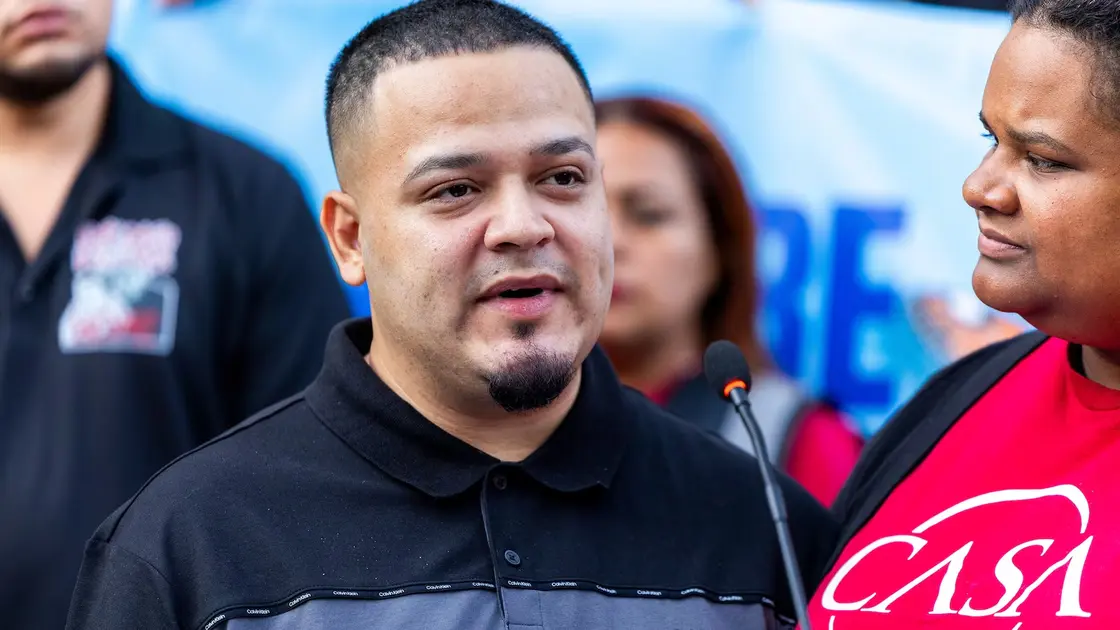
Judge bars deportation until October
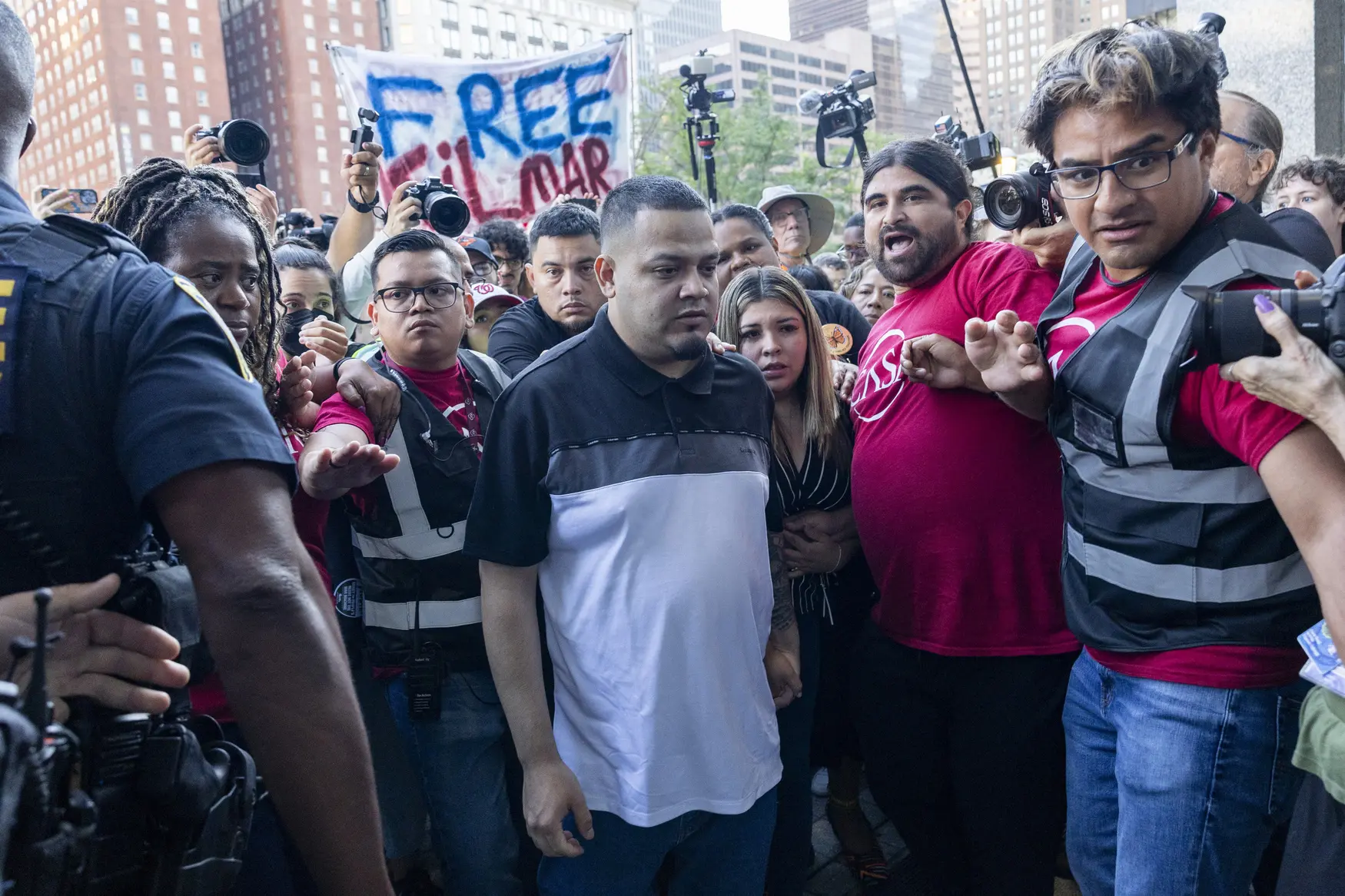
Judge blocks Kilmar Abrego Garcia deportation
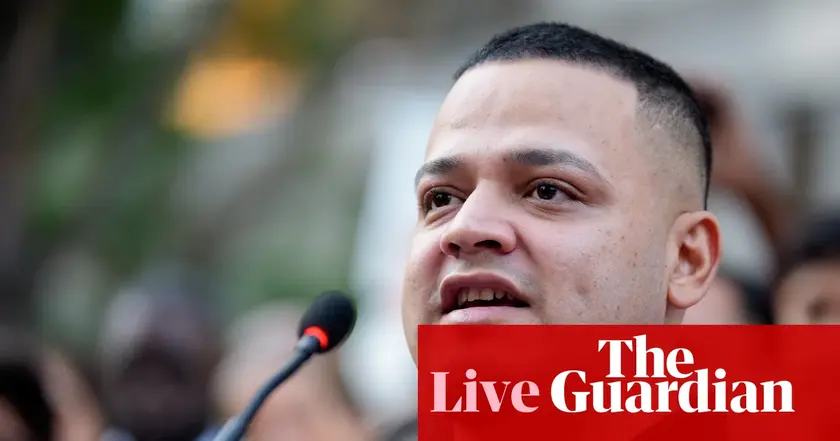
Deportation case moves forward
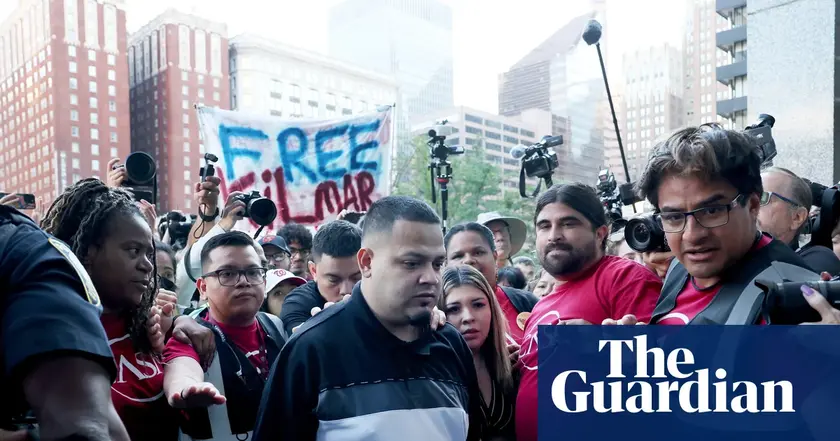
Judge halts Kilmar Ábrego García deportation in Maryland
